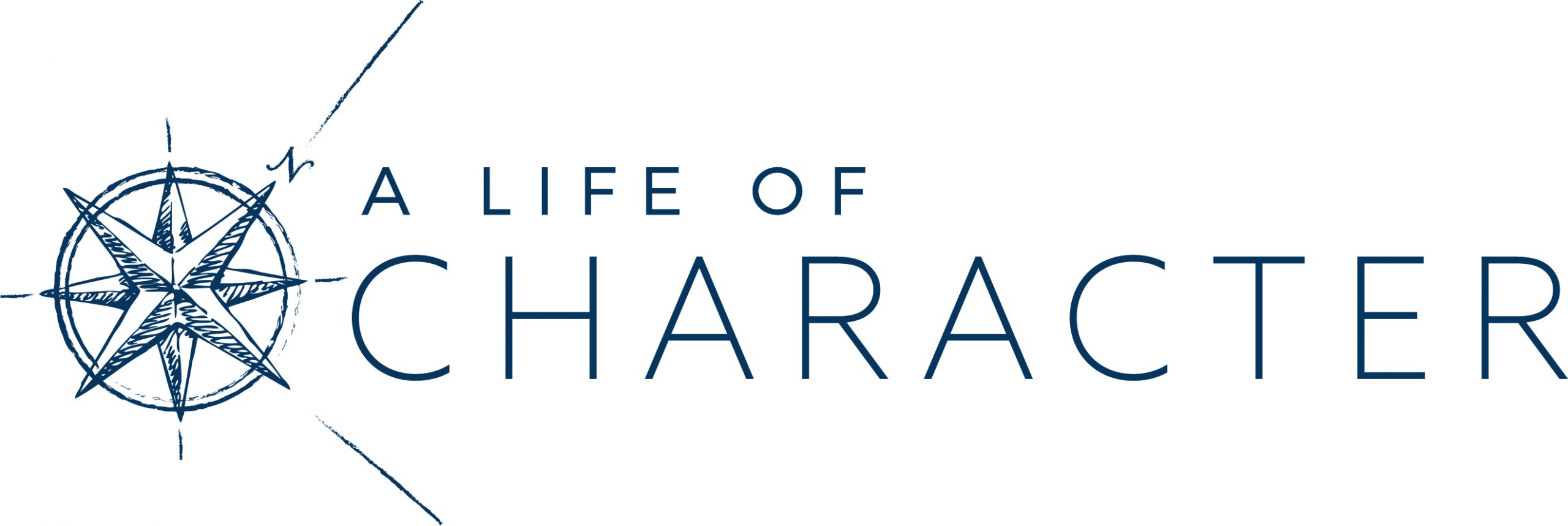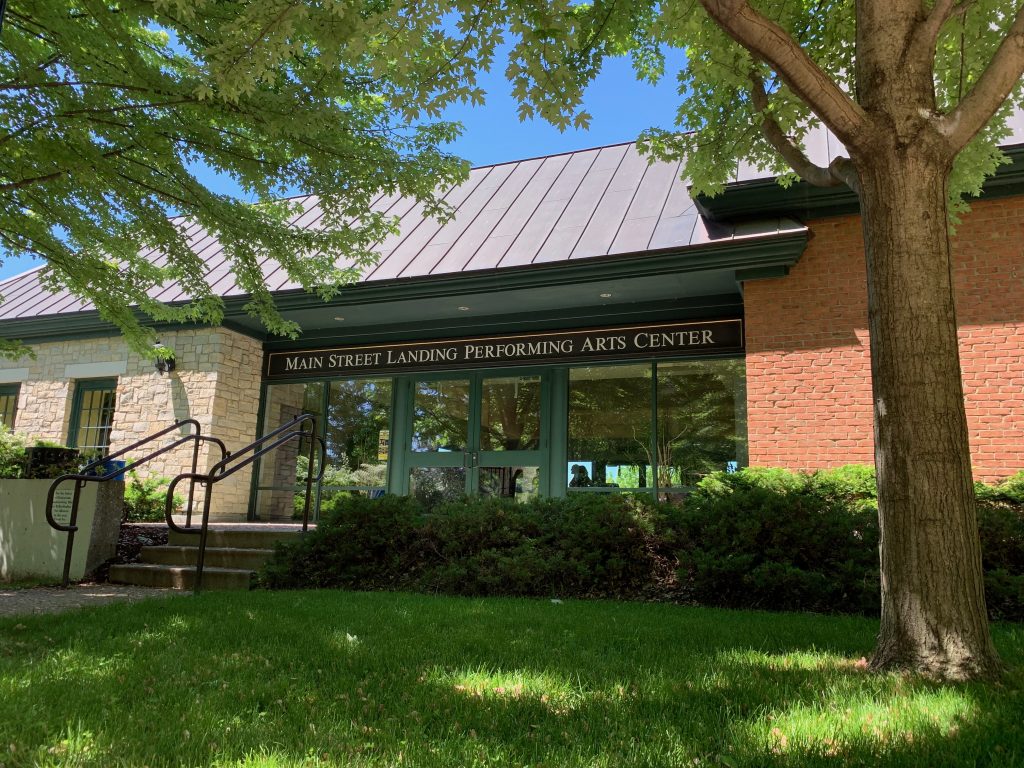By Jessica Ambrose
It can be uncomfortable, but it takes knowing your character traits – both good and bad – to truly achieve personal growth
You’re asked to describe yourself. Where do you start?
Maybe it’s an interview or just a friendly conversation about who you are. You’ll likely take a pretty safe approach: you’ll mention your positive attributes then, if you’re feeling so bold or want to come across as reasonably humble, you’ll veer into the not-so-great. “I have a strong work ethic—I hustle,” “I’m passionate about these projects,” “I give my ALL…” and “I work better independently” or “I can get frustrated when…”
You know the drill. And you also know how much easier it is to talk about those sparkling qualities than it is to own the less desirable ones.
Ultimately, it all comes down to self-awareness. While it seems like an easy concept, being truly self-aware requires a lot of vulnerability — vulnerability with yourself and others. And it also takes understanding and embracing that who the person sees in front them isn’t the “real” you.
My Path to Self Awareness
I was forced to become more self-aware in recent years. I was diagnosed with a mood disorder—specifically, with struggling to regulate emotions.
It was a bit of a shock at the time. I’ve never “seemed” to have trouble — I go to school, I work, I have strong, healthy relationships with friends and family. Looking in, I seem to be “normal” in every sense of the word. But, internally, I struggled. First, it was my mom. I had zero patience for her incessant worry. Then it was my boyfriend. In our day to day interactions, I was quick to fight and quick to dig in. Again, I didn’t think much of it. To me, it was just “the way I am.”
After a while, though, I couldn’t ignore that, maybe, this wasn’t how other people — and other couples — engaged. Arguments escalated into shouting matches and, one day, I hurled a vase at the wall in the heat of the moment. That wasn’t the last time I broke something mid-argument.
The more I felt unheard and misunderstood, the more I wanted to reach out and smash something. I was in pain from defending myself for what felt like 24/7. It was no way to live, and, soon enough, things began to crumble into a state of complete chaos and disarray. I had to pause and take a good, hard look at myself. I had to do a top-down internal audit.
That wasn’t easy. At first, I blamed my partner for always blaming me for our problems. At the same time, though, my reactions were pretty over-the-top — far bigger than the issue at hand. Increasingly, those conversations-turned-battles ended with me staring at something shattered on the floor, wondering how I created this (literal) mess.
Related Posts
Managing Our Parts To Work Towards Our True Character
Thinking About Our Parts — For Better or For Worse
Accepting Responsibility—and Taking Next Steps
By truly looking at myself and asking the hard questions, I was better able to focus on my contributions to the relationship — for better and for worse. Again, it’s easy to acknowledge the good you bring to the table, but it’s much, much harder and requires serious self-awareness to own your weaknesses and, even, where you’re damaging things.
This wasn’t a solo venture. I talked to my partner. I saw a therapist. Soon after, I was diagnosed with a mood disorder that confirmed I did, in fact, struggle to regulate my emotions, especially during difficult times. Very simply, I am impulsive. I lack the ability to put a gap between my feelings and reaction.
Fortunately, this has never been an issue professionally, but at the same time, this really put me at odds with who I was publicly and privately.
Embracing All Sides of Me
When I was diagnosed, my ego wanted to reject this unsightly part of me. I didn’t want to believe it. It was easy to see myself as a normal, functioning member of society. To be self-aware for me, though, meant having to come to terms with myself in my fullness.
I also began to recognize how privileged we as humans are: we can transform as many times as we need to or want to. At times, though, I wanted to disassociate with my diagnosis and the work I was doing. Even though I was making progress, these were still the negative traits I despised about myself, and I had to come face to face with them every single day.
Granted, there were no repercussions if I stopped doing the work, but I powered on. I had to choose what I valued in life. At the time, that meant my well-being and my partner. So I dug deep and found the motivation to move forward, embracing that I wasn’t “above” anything. Once I could truly and authentically do that, I was better able to move forward.
While there’s no quick fix, I am much more at peace than I have been in years. I’m also more cognizant about the person I am and wanting to be consistent both privately and professionally.
I’ve also come to see what happens when the idealized version of yourself is threatened or off-balance, specifically, that it’s human nature to try and protect our egos. Now I can recognize the benefits and the handicaps of my own ego. Never questioning or reflecting on yourself dissuades change and stunts the potential for more growth and evolution.
I fully recognize now one that we all need to strike a balance between strengths and weaknesses in order to facilitate growth. No one wants to acknowledge the worst, but it takes knowing who you are in every aspect in order to take the appropriate actions to improve. Self-awareness requires an active effort with an open mind, no matter how uncomfortable. Done right, though, you can stop smashing vases and start finding a place where you feel confident, comfortable and authentically you.



1 Comment
I needed to read this, thank you for sharing!